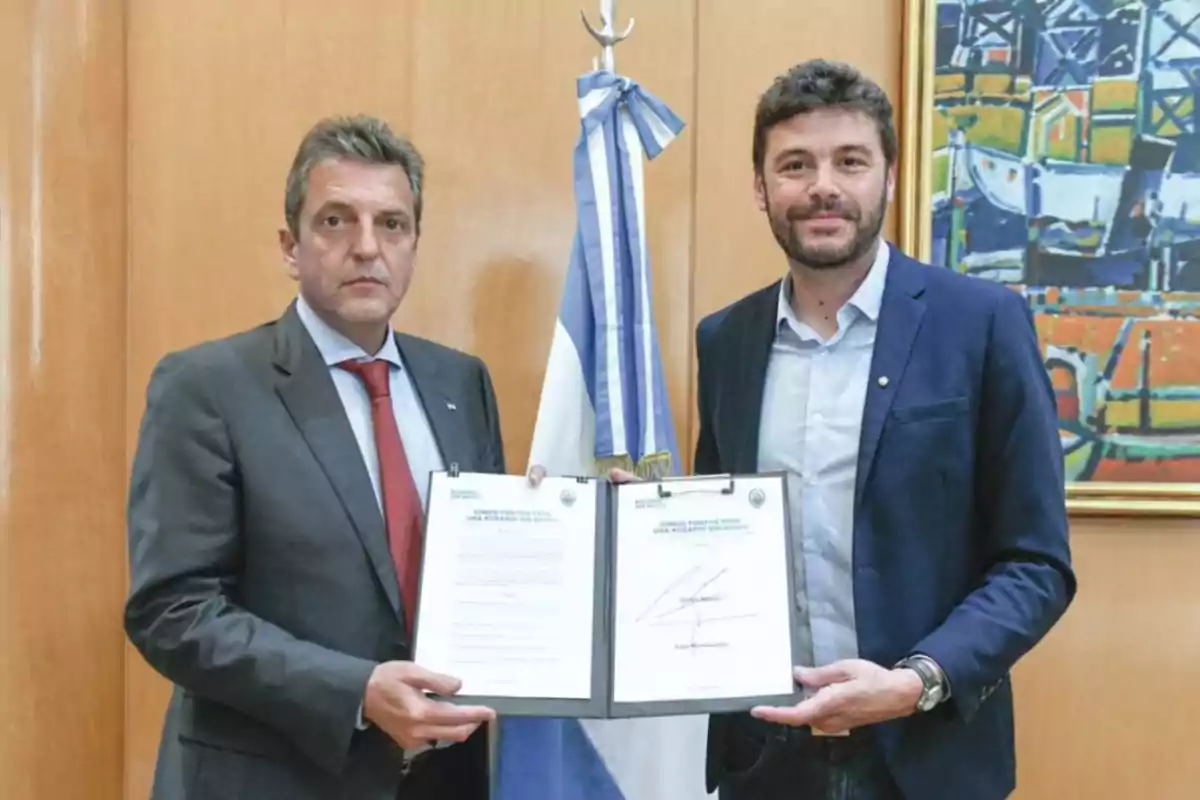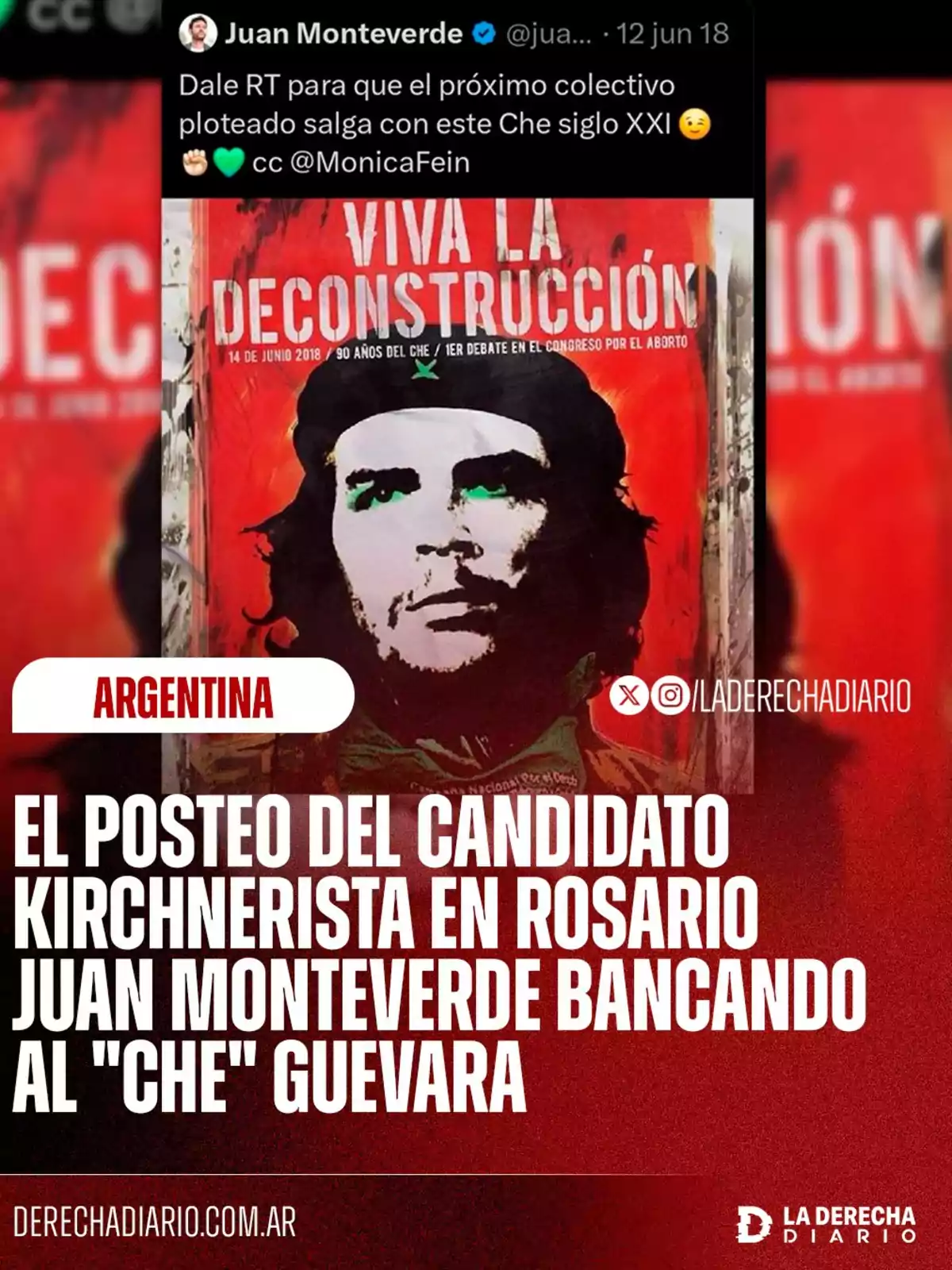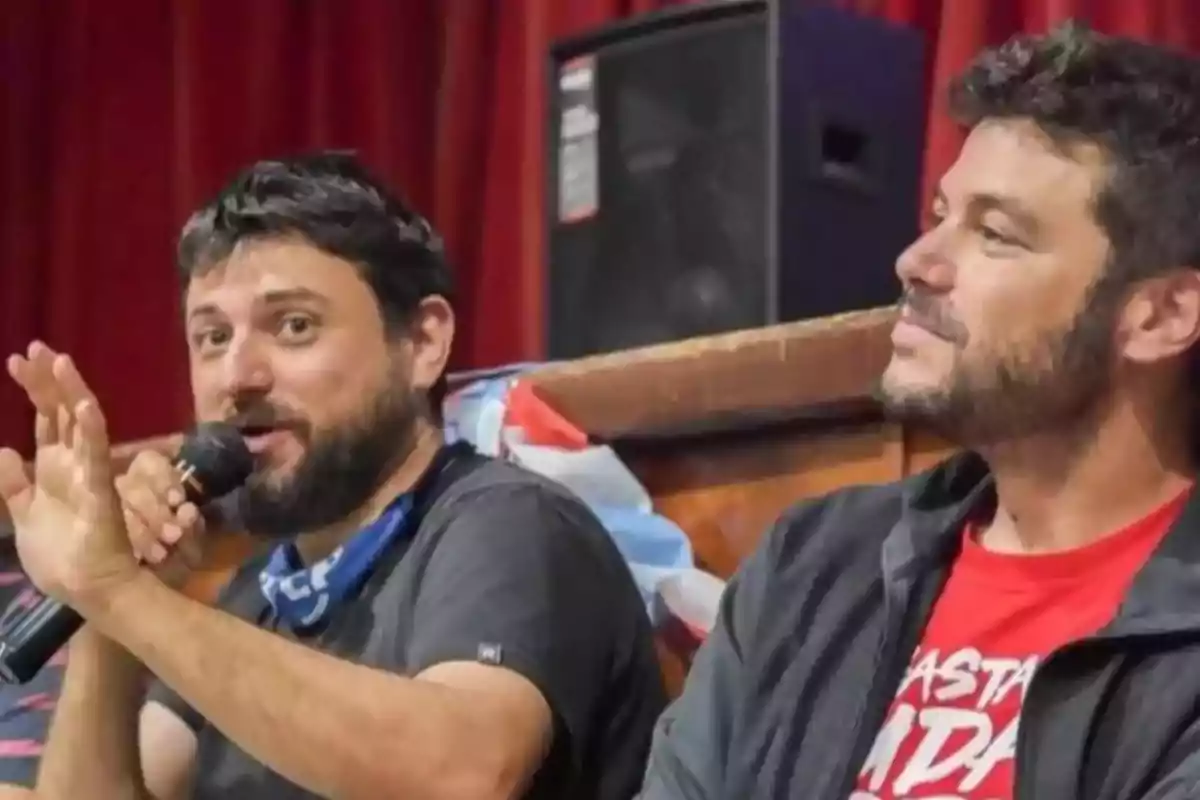
The ultra-communist Monteverde proposed a project to expropriate the lands of Tambo.
Rosario faces a key choice for its future: the model of freedom or impoverishing communism
Next Sunday, the city of Rosario faces a crucial crossroads: choosing between the growth and freedom promoted by the successful government of Javier Milei or plunging into the abyss of statism and decline embodied by kirchnerismo, now through its local candidate, Juan Monteverde. This representative of Ciudad Futura, who in 2016 had already revealed his expropriation intentions by tweeting: "We are going to present a bill to expropriate the lands of Tambo", presents himself as a "new face" but is, in reality, the same face of failure.
The promise of Juan Monteverde, the candidate backed by the most hardline factions of kirchnerismo and endorsed by figures such as Juan Grabois, Cristina Fernández de Kirchner, and Sergio Massa, is none other than a project of "strong state intervention, more regulation, and a leftist vision that has already failed at every level of government".

Under the misleading label of "active citizenship," Monteverde hides an agenda that essentially opposes the vision of freedom and development that President Milei has brought to Argentina. His flirtation with communism, which is not limited to statements but is evident in his rhetoric where he imitates Che and talks about communism in Rosario, is a clear indicator of what his administration holds in store.
Administrations aligned with Monteverde's ideology have already left a trail of disaster in Rosario. Security statistics, far from improving, have worsened drastically. The tax burden has suffocated taxpayers, while the "community" speeches have proven ineffective in containing the social crisis, the unstoppable expansion of drug trafficking, and the growing youth unemployment.
Monteverde's claim to present himself as a fresh alternative is disproved by his ties to the most kirchnerista sectors, who, with their embrace, "unmask" him and directly associate him with "the worst of the old politics: idealistic speeches, ineffective measures, and an agenda revolving around state control, not citizen freedom."

Monteverde's ideology, in itself, is already a cause for alarm, but his political record is even more concerning. He was a partner of provincial Peronism, a silent accomplice to administrations that allowed the advance of drug trafficking and the deterioration of the social fabric. His close relationship with Juan Grabois, the leading exponent of the informal economy and "piqueterismo", can only foreshadow "a management model based on the informal economy, piqueterismo, and the multiplication of social plans as a form of political domination." This is the same model that Javier Milei's government is firmly fighting to achieve true prosperity and freedom for Argentines.
This Sunday, Rosario has the historic opportunity to break with a cycle of failure and embrace the future. The choice is clear: bet on a new model, with clear rules, economic growth, and institutional order, a model that Juan Pedro Aleart embodies as a concrete, modern, and coherent alternative, free from commitments to the "old politics." Or, on the other hand, repeat the populist experiment with another name and another aesthetic, but with the same results as always.
More posts: